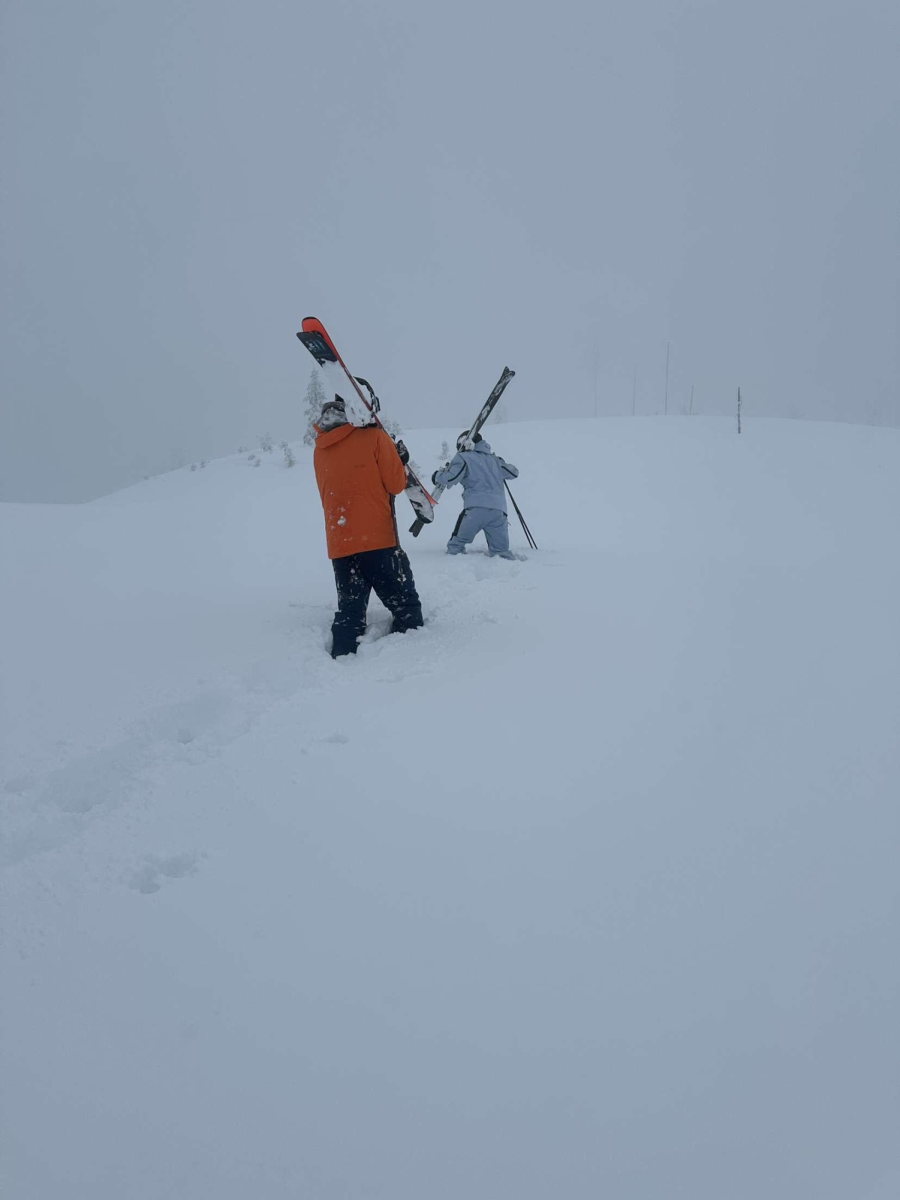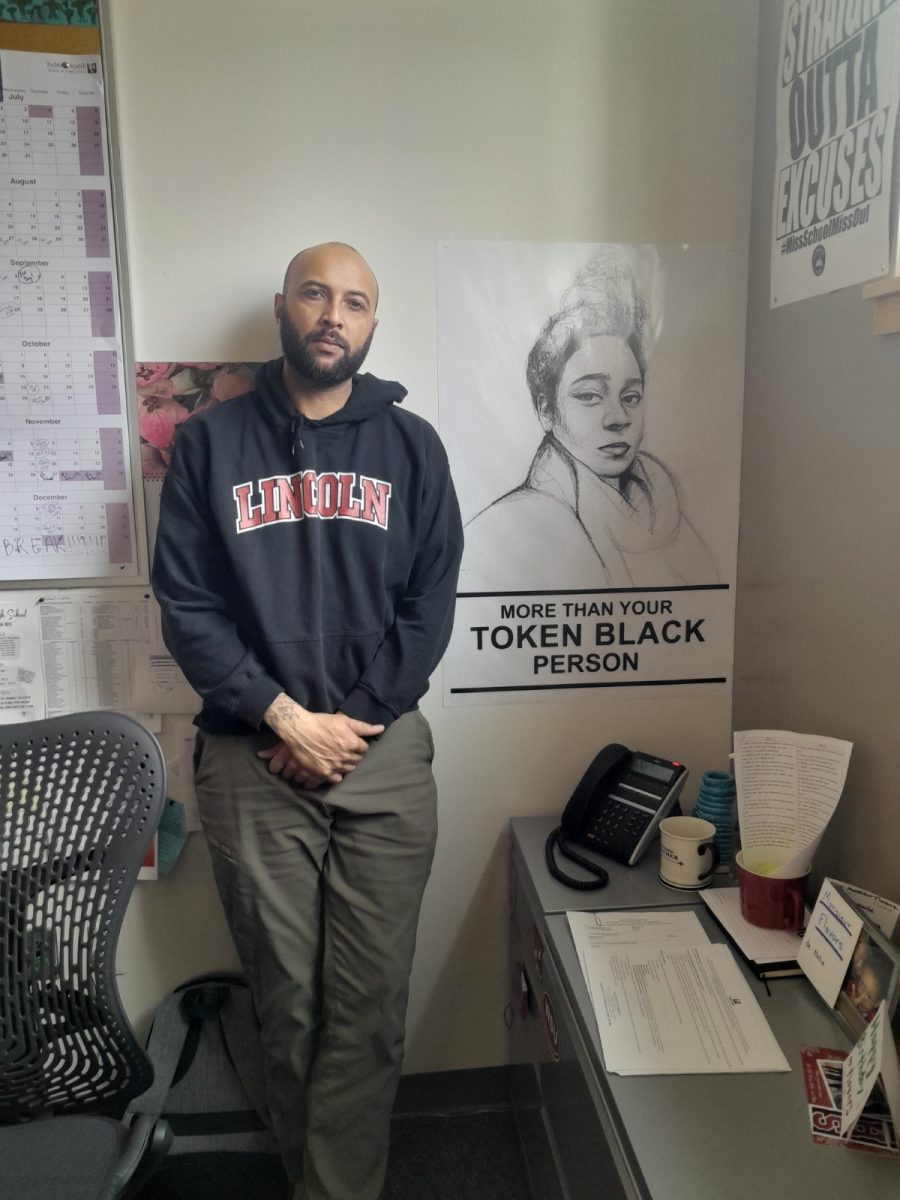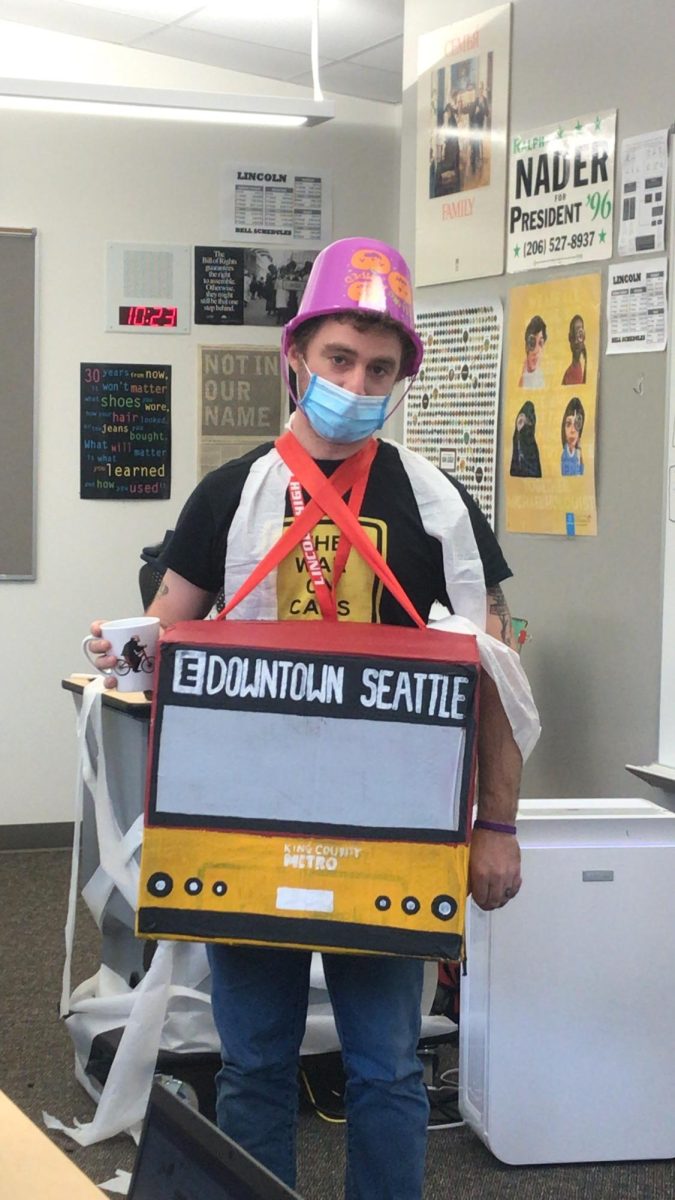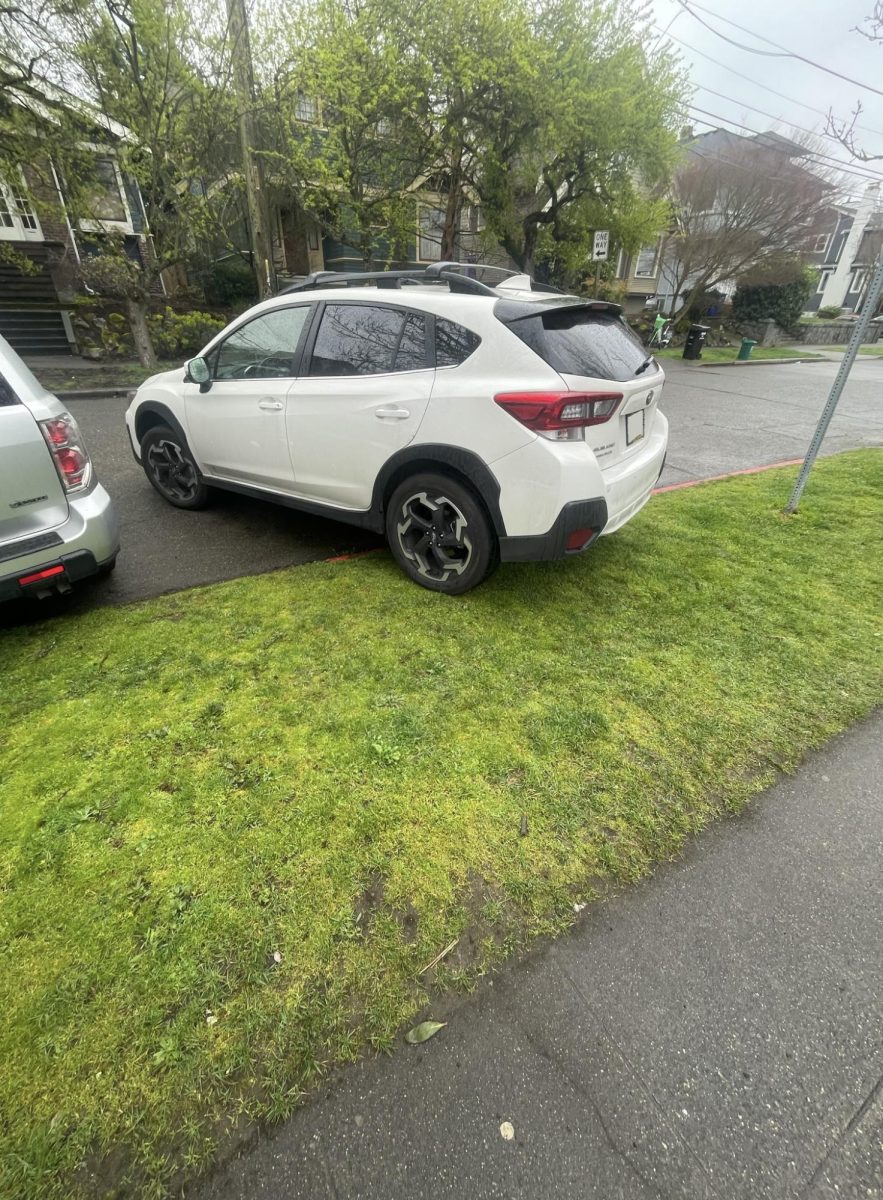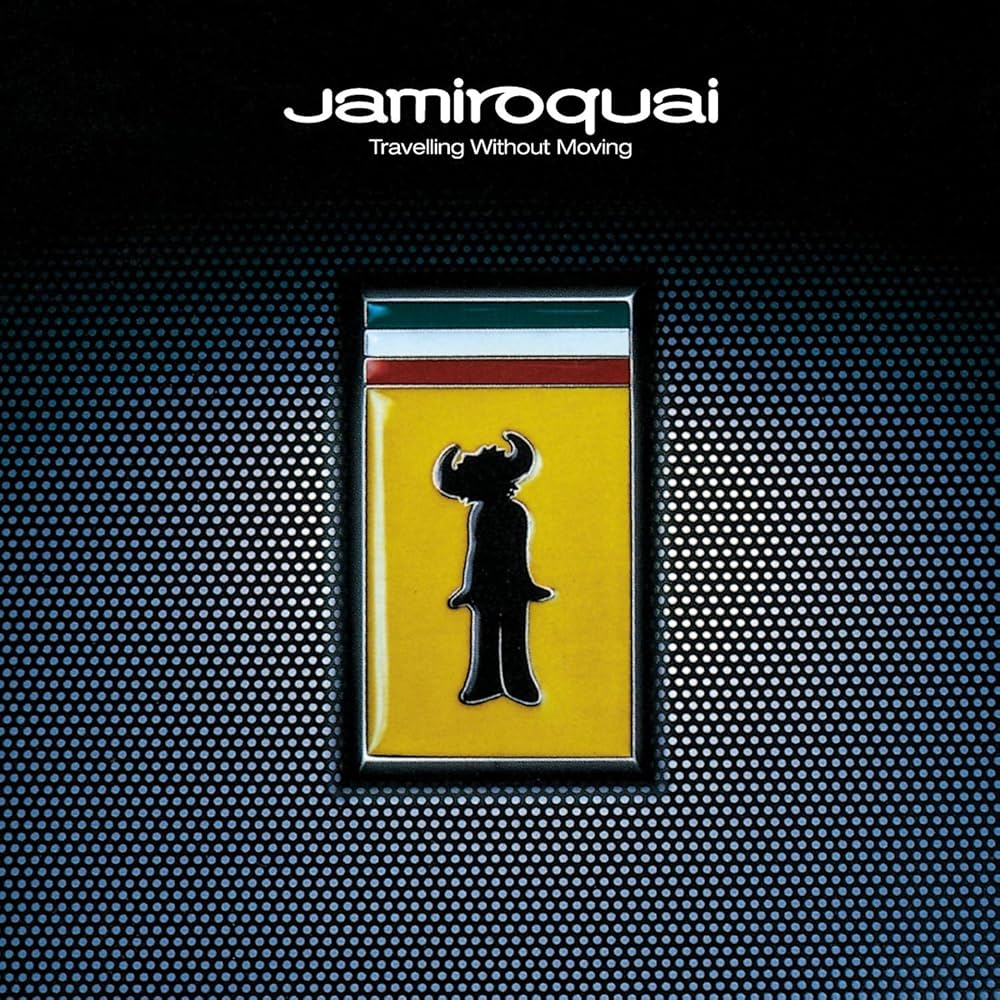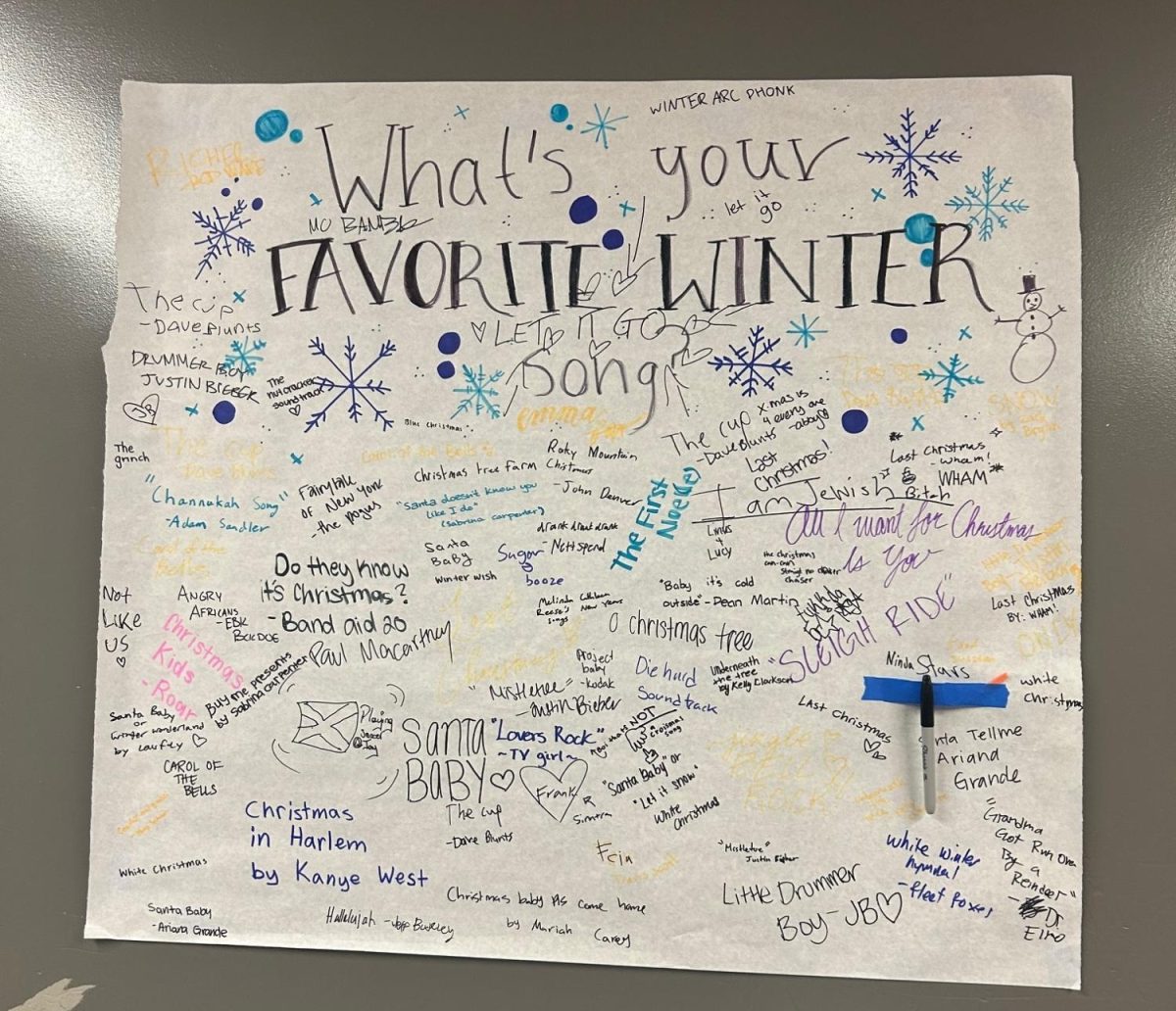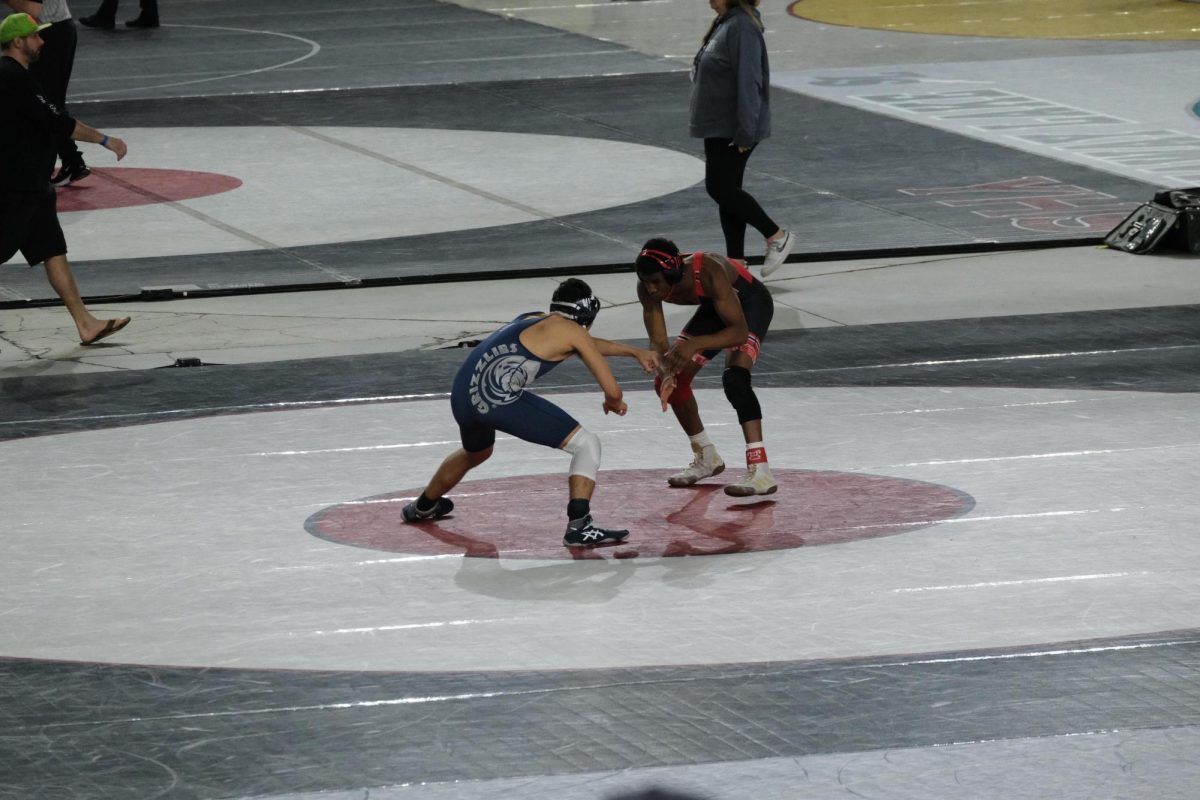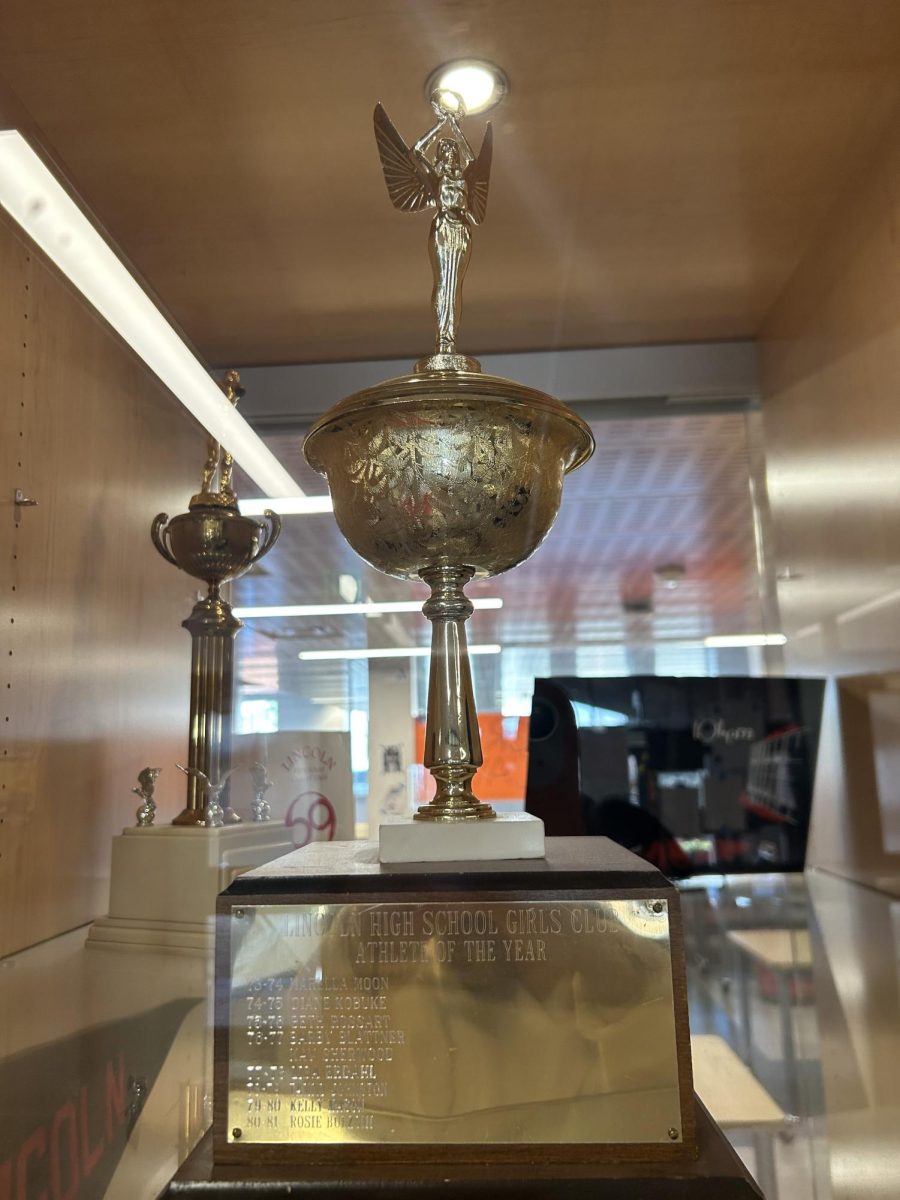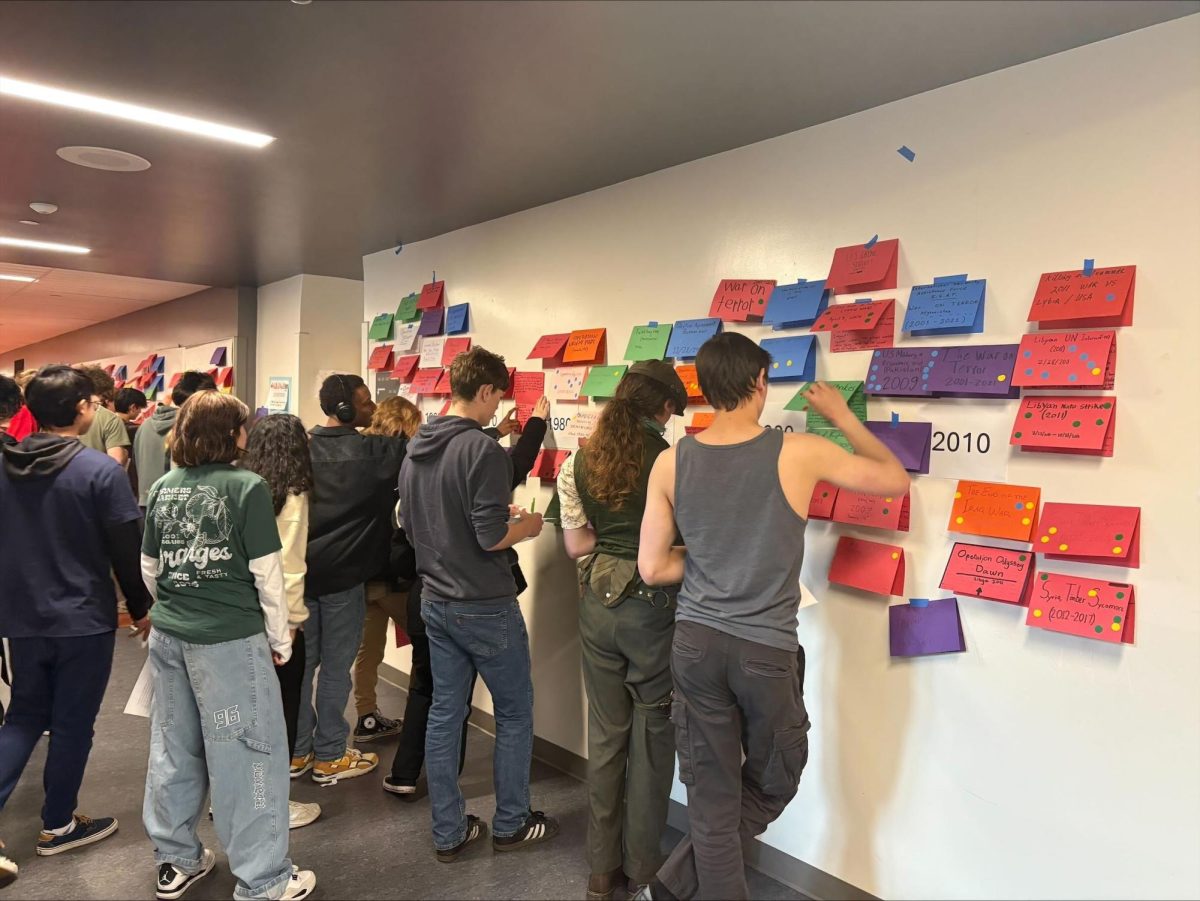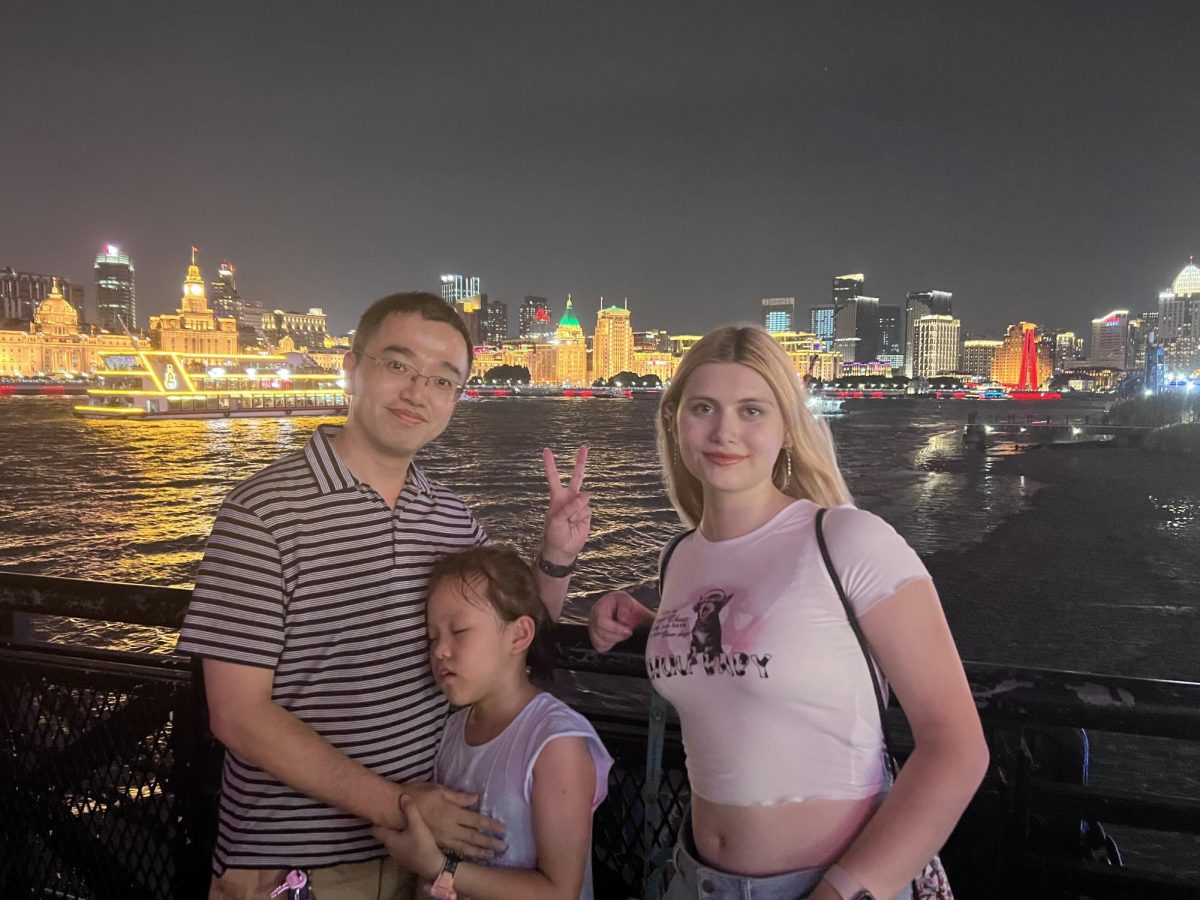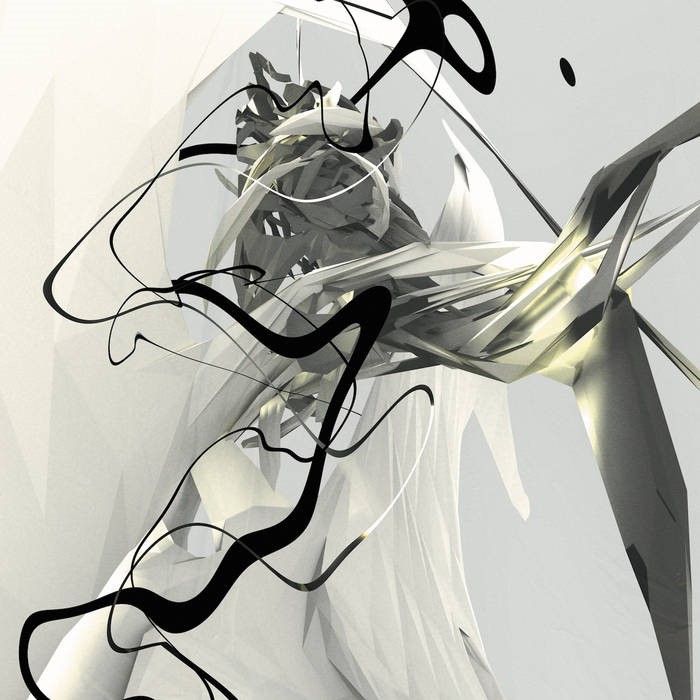Autechre is an experimental electronic music duo that has been producing music since 1993. Their music is widely regarded in electronic music spheres as being truly innovative and pushing the boundaries of music, but among wider audiences the music can be quite polarizing. I recommend giving them a listen if you’re open to listening to something entirely new.
Autechre’s music is characterized by a focus on percussion with complex and repetitive rhythms which slowly develop over time. More focus is placed on crafting a sense of space and gradual progression rather than on subverting expectations with complex structure and chords, the method most music uses to create interest. Many of their songs were made using procedural generation. This gives their music a unique sound, but many people feel that their work isn’t musical enough – it is often described as overly cold, mechanical, or emotionless.
The spaces crafted in Autechre’s songs are often unlike anything in our normal experience. For this reason, many people feel the songs have a sinister atmosphere. The concept of “liminal spaces” comes to mind; many songs evoke images of empty subway stations, gas station parking lots, cities with cars but no people, and the like.
The album “Draft 7.30” focuses on putting these spaces in a state of flux or decay. Songs start with a constant beat or melody which stays the same for a while before this pattern is completely deconstructed. The clearest examples of this are probably “SURRIPERE” and opening track “Xylin Room”, in which the opening beat stutters to a stop halfway through the song before being replaced by an arrhythmic, broken-sounding synth melody.
These synth melodies are also a particular focus of the album, in addition to the usual beats. They usually don’t have a clear rhythm, and in cases where they play alongside a beat such as “P.:NTIL”, this creates an interesting feeling of having two completely separate rhythms playing at once which phase in and out of sync, never lining up perfectly. This is combined with the melodies’ complete atonality (possibly microtonality?) to create a completely new sound that adds significantly to the atmosphere of the album.
The less interesting parts of the album are the songs where none of these elements are present. The third track “6IE.CR” in particular doesn’t do anything very unique and ends up sounding like a less-interesting version of a normal electronic song. But aside from that track, I don’t think this problem is too prevalent.
Since the spaces created in these songs are so unfamiliar, it may feel like there is no proper time to listen to music like Autechre. I enjoy listening to them most when I’m walking to and from school, riding the bus, etc. These activities take little attention so I can focus more closely on the music. There’s also always the option to set aside time for focused listening, but most students probably don’t have a good opportunity to do that–or have better things to do in their free time than listen to pretentious music.
“Draft 7.30” is available on Bandcamp, Spotify, YouTube, and probably everywhere else.



